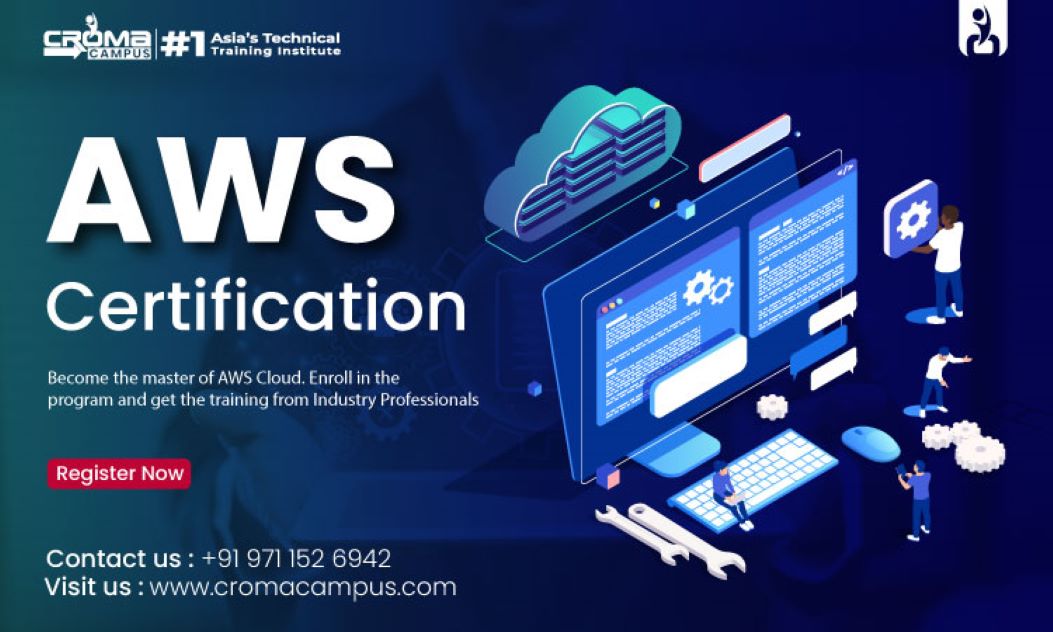
Introduction
In today’s technology-driven world, cloud computing is a vital skill. Amazon Web Services (AWS) is a leading cloud platform, and gaining AWS certifications can significantly boost your career. These certifications validate your expertise in using AWS, making you stand out to employers. Whether you’re a beginner or looking to advance your skills, AWS Certification opens up new career opportunities and demonstrate your cloud proficiency.
Different AWS Certifications For Beginners
In today’s technology-driven world, cloud computing is a vital skill. Amazon Web Services (AWS) is a leading cloud platform. Gaining AWS certifications can significantly boost your career. These certifications validate your expertise in using AWS.
Here’s a simple guide to help beginners understand the AWS certification path.
Why AWS Certifications?
AWS certifications demonstrate your cloud skills. They make you stand out to employers. With AWS, businesses can reduce costs, improve performance, and innovate faster. Certifications can lead to better job opportunities, higher salaries, and personal growth.
Types of AWS Certifications
AWS certifications are categorized into four levels: Foundational, Associate, Professional, and Specialty. Each level serves different purposes and skill sets.
1. Foundational Level
The foundational level is for beginners. It includes the AWS Certified Cloud Practitioner certification. Consider joining the AWS Online Course for the best skill development. This certification covers basic cloud concepts, AWS services, security, architecture, pricing, and support. It’s perfect for non-technical roles and those new to the cloud.
2. Associate Level
The associate level is more advanced. It includes three certifications:
· AWS Certified Solutions Architect – Associate: Focuses on designing distributed systems on AWS.
· AWS Certified Developer – Associate: Centers on developing applications for AWS.
· AWS Certified SysOps Administrator – Associate: Emphasizes deploying, managing, and operating workloads on AWS.
These certifications require some hands-on experience with AWS.
3. Professional Level
The professional level is for advanced professionals. It includes two certifications:
· AWS Certified Solutions Architect – Professional: For complex architecture and deployment.
· AWS Certified DevOps Engineer – Professional: For automation of processes and continuous delivery.
These certifications require significant experience and knowledge of AWS.
4. Specialty Level
Specialty certifications are for specific advanced skills. They include:
· AWS Certified Advanced Networking – Specialty
· AWS Certified Big Data – Specialty
· AWS Certified Security – Specialty
· AWS Certified Machine Learning – Specialty
Specialty certifications are ideal for professionals focusing on niche areas of AWS.
How to Start with AWS Certifications?
Starting with AWS Certification can be daunting. Here’s a step-by-step guide to help you:
Step 1: Choose the Right Certification
Start with the AWS Certified Cloud Practitioner. It’s the easiest for beginners and provides a solid foundation. If you have some AWS experience, consider the associate level certifications.
Step 2: Study the Exam Guide
AWS provides an exam guide for each certification. This guide outlines the topics covered in the exam. Review the guide thoroughly.
Step 3: Use AWS Training Resources
AWS offers free and paid training resources. The AWS Training and Certification portal has courses, practice exams, and more. AWS whitepapers and FAQs are also valuable study materials.
Step 4: Hands-On Practice
Practical experience is crucial. Use the AWS Free Tier to explore and practice. This hands-on experience will reinforce your learning.
Step 5: Join Study Groups
Joining AWS study groups can be very beneficial. These groups offer support, share resources, and provide motivation.
Step 6: Take Practice Exams
Practice exams are essential for exam preparation. They help you understand the exam format and identify knowledge gaps. AWS and third-party providers offer practice exams.
Step 7: Schedule the Exam
Once you feel confident, schedule your exam. AWS exams are proctored and can be taken at testing centers or online.
Benefits of AWS Certifications
AWS certifications offer numerous benefits:
· Career Advancement: Certified professionals often get better job opportunities and promotions.
· Higher Salaries: AWS certifications can lead to higher salaries.
· Professional Credibility: Certifications validate your skills and knowledge, enhancing your professional credibility.
· Personal Growth: Preparing for certifications helps you learn and grow professionally.
Maintaining Your AWS Certification
AWS certifications are valid for three years. To maintain your certification, you need to recertify. AWS offers recertification exams to ensure your skills stay current.
Conclusion
AWS certifications are a valuable asset in today’s job market. They validate your cloud skills and open up new career opportunities. Whether you’re new to the cloud or looking to advance your skills, AWS certifications can help you achieve your goals. Start with the AWS Online Course for AWS Certified Cloud Practitioner, and gradually work your way up. With dedication and the right resources, you can succeed in your AWS certification journey.


